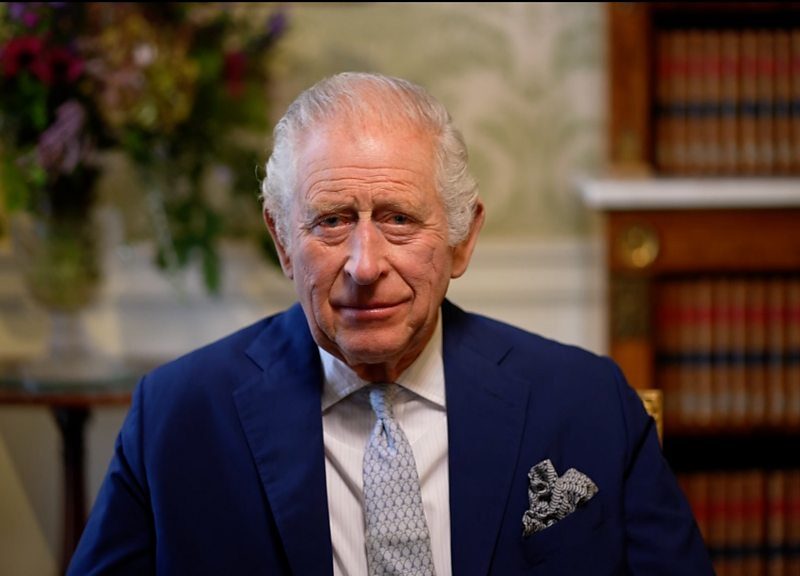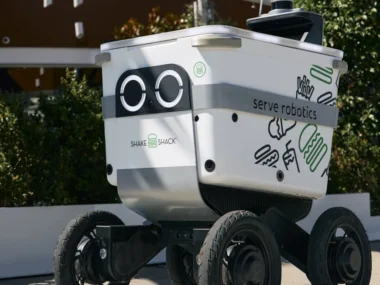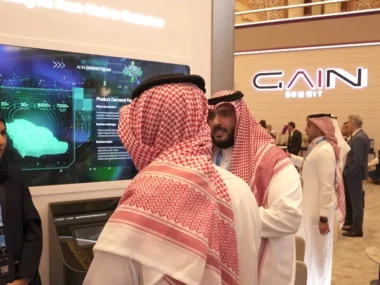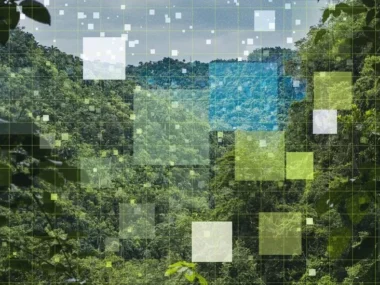King Charles emphasizes that addressing the risks associated with artificial intelligence (AI) requires a strong sense of urgency, unity, and collective effort.
King Charles delivered these remarks in a pre-recorded message to participants at the UK’s AI Safety Summit. As the global event began, the UK government introduced a groundbreaking agreement for managing the most hazardous AI technologies, known as the Bletchley Declaration. Signatories to this declaration include the United States, the European Union, and China.
The summit’s primary focus revolves around “frontier AI,” which refers to highly advanced AI technologies with capabilities that are not yet fully understood. Tesla and SpaceX owner Elon Musk, who attended the event, expressed concerns about AI potentially leading to humanity’s extinction, albeit without specifying the exact scenario for such a catastrophe.
Some experts caution against speculating about improbable future threats and emphasize the importance of addressing the present-day risks posed by AI, including job displacement and bias reinforcement.
In his address, King Charles likened the development of advanced AI to the significance of the discovery of electricity. He stressed that addressing AI risks, much like tackling climate change, necessitates inclusive discussions involving society, governments, civil society, and the private sector.
The Bletchley Declaration, which attendees have endorsed, signifies a collective commitment from 28 countries to comprehensively understand and manage potential AI risks urgently. The UK government views this as a pivotal moment in promoting public trust by ensuring the safe development of AI technology.
Numerous nations echo the need for a global approach to AI governance. Despite existing tensions, China’s Vice Minister of Science and Technology, Wu Zhaohui, expressed a desire for openness and international collaboration in the field of AI.
The US has announced plans to establish its own AI Safety Institute following the summit, as stated by US Secretary of Commerce Gina Raimondo. During an interview at the UK’s AI safety summit, Elon Musk emphasized the importance of gaining insight into AI issues before implementing regulatory oversight, suggesting a cautious and informed approach to policy development.
Numerous experts dismiss the concerns that AI poses an existential threat to humanity as exaggerated. Nick Clegg, the president of global affairs at Meta and former deputy prime minister, who is also present at the summit, advises against allowing “speculative, sometimes somewhat futuristic predictions” to overshadow more pressing issues.
For many observers, the primary threat associated with AI lies in its potential to automate jobs, thereby displacing workers, or in the reinforcement of existing biases and prejudices in new and significantly more potent online systems.











